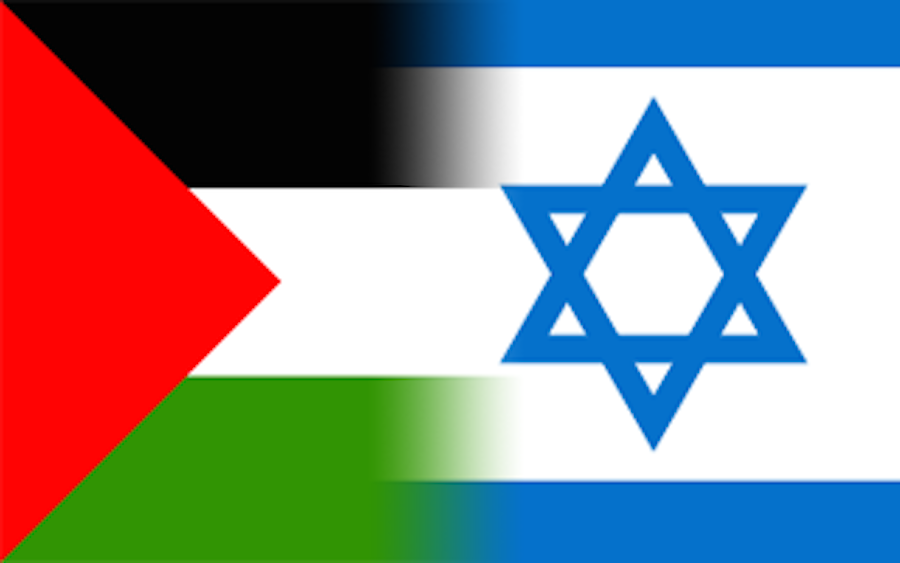Palestine and Israel: reunited brothers?
In a tragic mishap of a family, two “brothers,” Palestine and Israel, never quite managed to overcome their issues of jealousy, attention, and perhaps worst of all, sharing. A dysfunctional family always begins with a parent, in this case, the United Kingdom. Dating back to the collapse of the Ottoman Empire, the UK adopted (conquered) Palestine and his house (land).
Israel’s mother’s family had lived in that house far before Palestine and his father moved in. Palestine thought this claim was simply irrational, but technically, Israel had been born to the house. Later on, UK wrote in his will that a larger portion of the home would be given to Israel. This baffled Palestine as Israel was considerably smaller, with a third of Palestine’s population.
As soon as Palestine could, he brought over some friends and decided to take back what he believed was rightfully his; however, the other child, Israel, had the wide support of the adults. Both tried over and over again to beat the other as badly as possible, but the father would just call Palestine a troublemaker.
Israel took every threat as an opportunity. Even Uncle Sam favored Israel in an attempt to acquire some of Israel’s cut. After countless years trying to regain at the very least the original deal, Palestine was left in solitude as his friends backed out.
Palestine desired attention beyond anything, and at times resorted to what others would consider terrorism. This scared not only Israel, but the entire community. To find a bridge between the two seemed like yet another hopeless cause. Only when Palestine had been reduced almost to zero, did others begin to notice.
The two grew up hating each other, but what would become of these brothers? Would they ever put their differences aside to resolve this conflict?
On a more literal and recent note, after 2,142 bloody deaths on the Palestinian side, and the less striking but still tragic 69 casualties on the Israeli side, the opponents have finally declared a truce to end Operation Protective Edge. Four hundred and ninety children died, and hundreds of thousands of houses were left in ruins.
Israel justified its violence citing the frightful tunnels under schools, building, hospitals, and so on. The Palestinians justified theirs with vengeance for their many losses. Buildings that inhabited over seventy families were blown to pieces in seconds. Even places of “safe haven” were damaged. Five hundred and forty thousand people were displaced, their lives changed forever.
There was no real victor in the end, but Palestinians still ran out to celebrate the end of their pain and the possibility of becoming a recognized nation once again. The Israelis seemed somewhat content, still keeping an eye out for remaining, undiscovered tunnels. The resulting deal was peace (for an undetermined amount of time), the clearing up of borders Palestine has with Israel and Egypt, and the provision of a larger area for the Palestinians to fish in the Mediterranean Sea. Furthermore, the truce also included assistance to build a port in Gaza, the release of Hamas prisoners in Israel, and the return of Israeli soldiers’ corpses.
The battle finally seems to have reached an end. Without international intervention, the nations involved took the responsibility to end the conflict. Although it is the most discussed topic in the United Nations, close to nothing was solved by unrelated countries who, if anything, took advantage, in every single way, of the situation.
In the final analysis, if these long-term solutions were to indeed work out, then eventually, a deeper understanding could arise. Israel and Palestine would have grown up. They would have reached the end of their coming-of-age story, and the rest of the planet could join them.
Sources: reuters.com, aljazeera.com

Wolfrid is spill a human bean and continues to make unpearable cheesy food buns. Influenced by the great E.E. Plummings, he consumes research and then...











Neha Jwala • Sep 9, 2014 at 10:27 am
Awesome Job